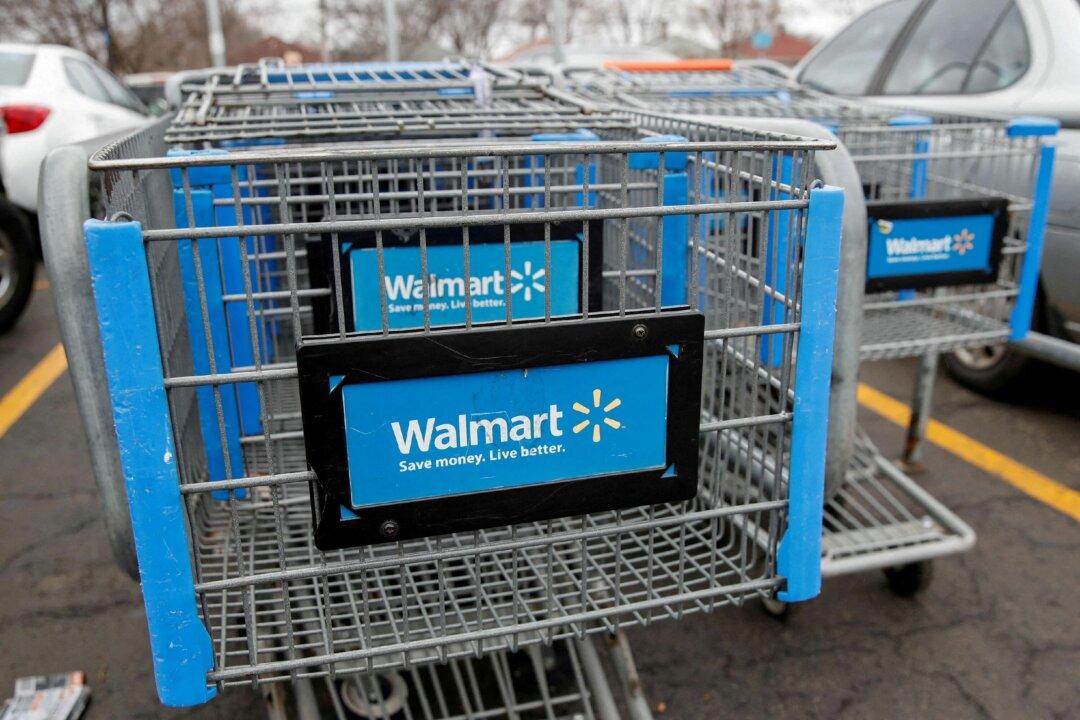Retailer Walmart has reportedly pulled Chaokoh coconut milk from its shelves following undercover investigations that allegedly revealed the use of forced monkey labor.
The People for Ethical Treatment of Animals (PETA) confirmed the news in a statement on June 7, stating that Walmart had removed the coconut milk from the Thai-based major producer after it had received over 86,000 emails from PETA supporters.




